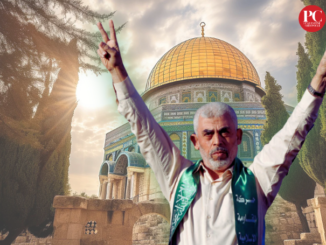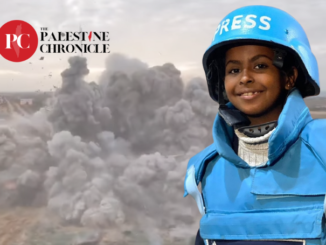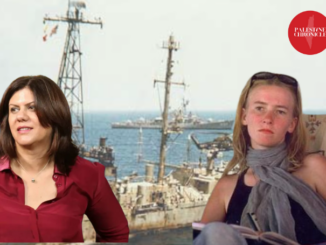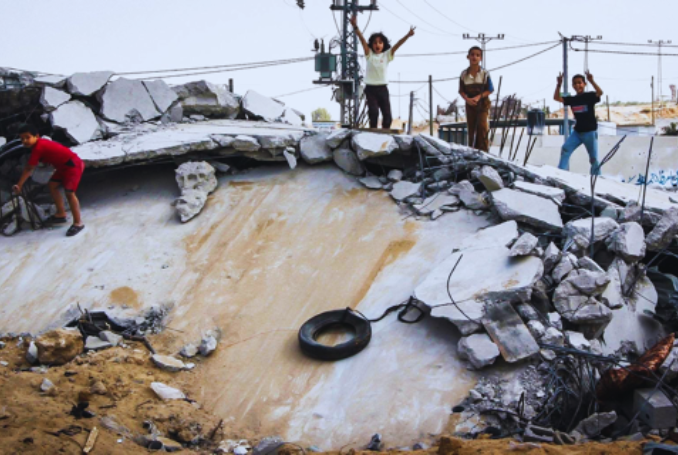
41,000 murdered. We are still counting the days.
Here, in the center, it is quiet.
In the eye of the storm, I see nothing, hear nothing.
Everything happens somewhere else—over there. Not here. And I am not part of it.
Free.
I was just there. I saw. I felt.
She cried slowly. I cried slowly.
She remained.
I left.
For a moment, I thought things couldn’t get worse. And for her, they couldn’t. She had lost everything. I had lost nothing. But now, everything worsened—for all of us.
In the eye of the storm, everything rushed toward me: Boko Haram, ISIS, Libya, Guantanamo, Egypt, Namibia, Vietnam.
And we remembered Auschwitz, the madness that never ended, only changed its shape and found new expressions.
In the eye of the storm, she disappeared—the woman who had lost everything: her house, her husband, her children, her school, her clinic. Always, things were worse somewhere else. She remained, and now I know nothing about her.
I got her story, her face in black and white, half a green apple.
I got her dreams, dreams big to her but nothing to me. She longed for everything to end, for life to be normal. No balloons overhead recording every move, every stone her son threw. No drones. The drones terrified her every time her children stepped outside into the streets, to visit a friend.
Now, she has no house for her son.
It was razed to the ground, reduced to a pile of crushed walls.
All that remains is memory—the memory of her family alive. A family filled with laughter, birthdays, graduations, and weddings.
Hope was lost.
There, when I was there, normal was abnormal. Always afraid, living with the daily fear.
It became normal to live in a lottery, tossed around faster and faster.
She wanted to stay in the center, where it was quiet. But she was thrown against the walls.
For a brief moment, everything stopped. Everything went quiet. You tried to hide, sought shelter behind someone else.
You could be selected at random.
An Israeli commander drew her lottery ticket. In a split second, everything ended, as if it had never happened.
When her house was gone, the commander looked sad. Ashamed, maybe.
He thought he had no choice. He wanted to leave quickly, to get across the border, back to his family. He wanted to hug his daughter, have a cold beer, forget—but he couldn’t sleep. When he did, he woke worried. He hoped his daughter would never find out. He woke again to the sound of the house collapsing. It sounded terrible.
In the command center, he soon forgot what he’d seen.
It was a small inferno on a computer screen. Before, there had been a little girl playing. He raised his hand toward his friend—thumbs up. In the same second, it was forgotten. He was playing a virtual game. The drone flew on. The young soldier saw the boys on the beach. They were playing. They are not playing anymore. Yesterday, he lost a computer game to some friends in Canada. Today, he wins every time. Killing on a screen is easy. He never misses—thumbs up.
I never became part of it.
I always stayed just long enough. It was like going to the movies. I got close to the excitement, the uncertainty. I was fascinated by the plot, the scenography.
Everyone played their part. Everything was predetermined. All the moves were drawn in advance. I often wondered who had written the script for this eternal show.
He returns from Congress.
The speech is done. His support in Israel grows. He is safe. His power is secure. The next scene is already being planned. The only question is when it will be most effective.
In 2009, the war continued for over 21 days. In 2014, it lasted 51 days. Next time, all the numbers will double. One hundred days, 5,000 killed. Everyone condemns.
The world is horrified by the monstrous crime. And now, Gaza has been destroyed.
41,000 murdered. We are still counting the days. Children and women are dying one by one.
It costs Israel very little to kill, destroy, occupy, colonize, build walls, deepen apartheid. Someone else pays. And we see the bill: IN GOD WE TRUST.
(The Palestine Chronicle)
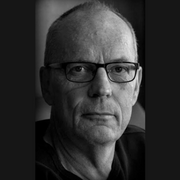
– Mats Svensson, a former Swedish diplomat working on the staff of SIDA, the Swedish International Development Cooperation Agency, has been following the ongoing occupation of Palestine since 2003. He is the author of “Crimes, Victims and Witnesses – Apartheid in Palestine.” (Real African Publishers) and his latest “Apartheid is a Crime – Portraits of Israeli Occupation,” (Cunepress, 2020). Mats contributed this article to Palestinchronicle.com.

